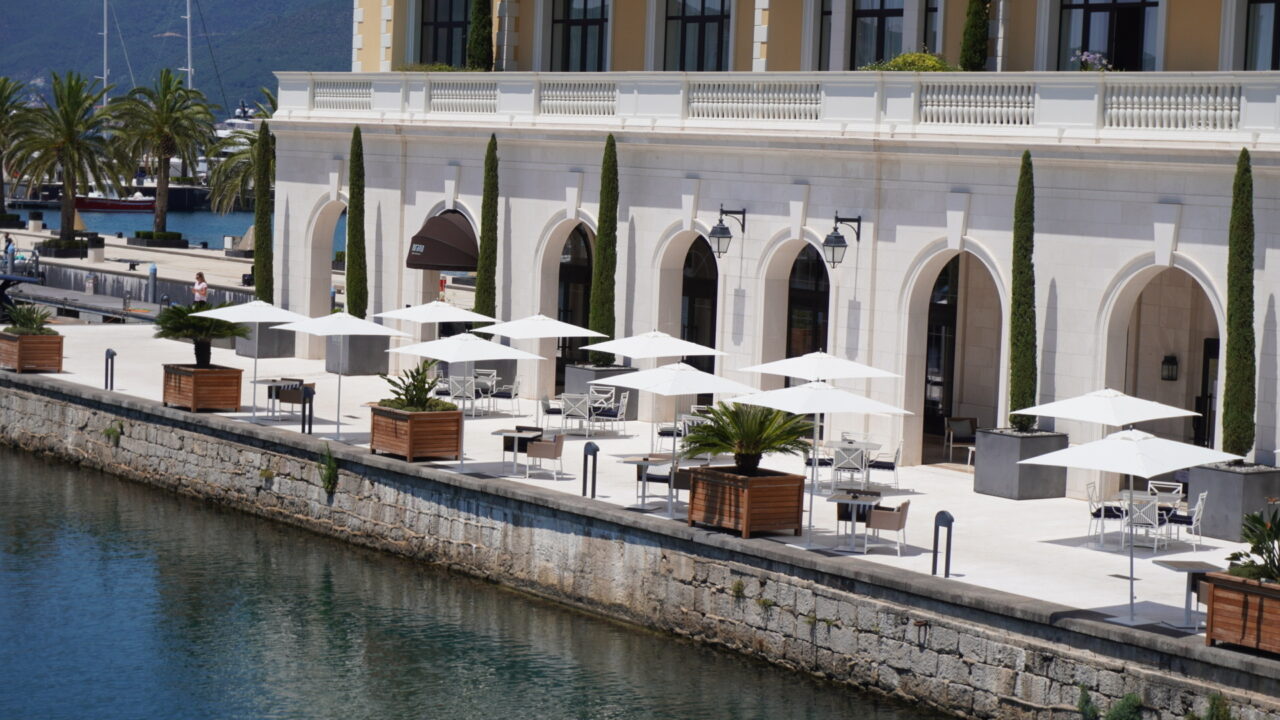We continue our series of articles about opening and managing business in Montenegro. In this article, we will speak about corporate taxes. Having established the company, you should be aware of the main taxes the company will face and have to be paid either in monthly or yearly cycles. Together with the local expert Jacco Landsmeer, the owner of Ekonomik Accountants d.o.o. and Ekonomik Asset Management d.o.o., we have put together an overview of the main tax categories.
Corporate Tax
Businesses in Montenegro pay tax at a rate of 9% on their profits. This tax is due by both registered businesses and those that trade in Montenegro. A business that is incorporated in Montenegro will be a tax resident of Montenegro. A business is also a tax resident of Montenegro if it is managed from Montenegro, even though it might be registered in a different country.
VAT
Property Tax
Transfer Tax
Taxes applicable to salaries and wages
Personal Income Tax:
Employers are required to withhold personal income tax from the salaries and wages of their employees and pay this over to the tax authorities. Currently, Montenegro has 2 flat rates. All employees pay 9% on the amount that is less than or equal to an average monthly salary. In addition, employees who earn more than the average monthly salary will pay 11% on the amount that exceeds the average monthly salary. The tax authorities publish the amount that they consider to be the average monthly salary of Montenegro on an annual basis.
| Social security | 5.5% | Due to employers |
| Health insurance | 4.3% | Due to employers |
| Unemployment insurance | 0.5% | Employees and employers each pay 0.5% |
| Pension and disability insurance | 15% | Due to employees |
| Health insurance | 8.5% | Due to employees |
Capital Gains Tax
Montenegro charges capital gains tax at a rate of 9%. Any capital gains or losses can be rolled over for a period of 5 years to allow the taxpayer to offset any gains or losses against each other. Capital gains by non-tax-residents are subject to a 9% withholding tax.
Withholding tax
The withholding tax rate for dividends, interest, and royalties is also 9%. Income paid out to a non-resident will be subject to this withholding tax of 9%. This income includes capital gains, dividends, interest earned, profit distributions, royalties, fees for the use of intellectual property, rental income, consulting fees, fees for market research, auditing services and even performance and sporting fees.
Montenegro does have double tax agreements with several countries which could reduce or eliminate this withholding tax. In order to claim preferential treatment under a double taxation agreement the person will have to provide proof of their residence and that they pay taxes in the applicable country, for example by providing a stamped document from their own relevant tax authorities.
Currently Montenegro has double taxation agreements with Albania, Belarus, Belgium, Bosnia and Herzegovina, Bulgaria, China, Croatia, Cyprus, Czech Republic, Denmark, Estonia, Egypt, Finland, France, Germany, Hungary, Iran, Italy, Korea, Kuwait, Latonia, Macedonia, Malaysia, Moldavia, Netherlands, Norway, Poland, Romania, Russia, Slovakia, Slovenia, Sri Lanka, Sweden, Switzerland, Turkey, Ukraine and the United Kingdom.
In the next articles, we will tell you about the accounting compliances and wages in Montenegro.
If you need support on accounting support and managing your taxes we can advise companies with very good and long experience of working with foreigners.


